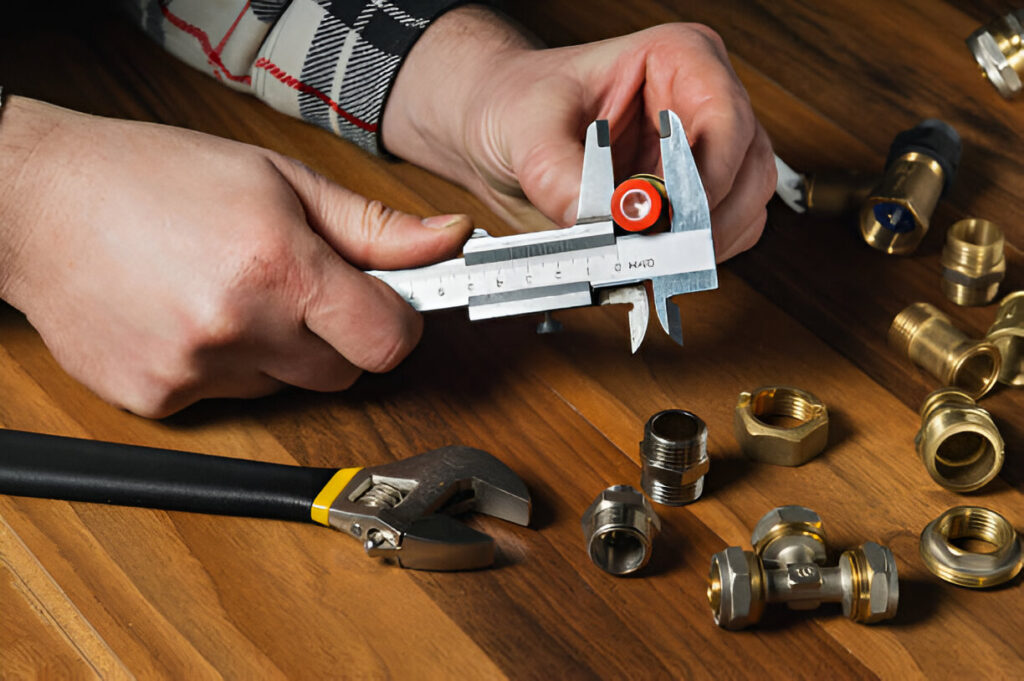Key Takeaways:
- Regular plumbing maintenance helps prevent costly repairs and damage.
- It ensures the efficiency and longevity of your plumbing system.
- Simple practices can significantly improve the health of your household plumbing.
Table of Contents:
- Introduction to Plumbing Maintenance
- Benefits of Regular Plumbing Maintenance
- Common Plumbing Issues and How to Prevent Them
- Signs Your Plumbing Needs Attention
- When to Call a Professional
- How Often Should You Maintain Your Plumbing?
- Conclusion
Introduction to Plumbing Maintenance
Plumbing is an essential aspect of any household, yet it’s often taken for granted until a problem arises. Regular plumbing maintenance ensures that the system functions efficiently and lasts longer. Even in areas like Washington, IL, where reliable plumbers Washington IL are available, regular upkeep is still necessary to avoid unexpected issues.
Many homeowners must know that routine checks and simple maintenance tasks can prevent significant disruptions and save money in the long run. For example, routine inspections can identify small leaks before they become substantial problems, thus preventing potential water damage and expensive repairs. By taking a proactive approach, you can protect your home from water damage and other related issues, providing peace of mind and saving money over time.
Benefits of Regular Plumbing Maintenance
Engaging in regular plumbing maintenance offers several benefits:
- Prevention of expensive repairs and damage
- Extension of the lifespan of plumbing fixtures
- Increased efficiency, resulting in water conservation
- Reduced monthly utility bills
Reducing water waste alone makes regular maintenance worthwhile. Keeping your plumbing in check saves money and contributes to a more sustainable environment. Moreover, regular maintenance helps maintain water pressure, ensuring that showers, faucets, and other water-dependent appliances perform optimally.
Common Plumbing Issues and How to Prevent Them
Plumbing issues are common and preventable, from leaky faucets to clogged drains. Regularly inspecting and maintaining your plumbing can help prevent these problems. Here are some of the most prevalent issues and preventive measures:
Leaky Faucets
A dripping faucet can waste a significant amount of water over time. Regularly checking and replacing worn-out washers can prevent leaks. Homeowners can often perform this simple task without requiring specialized tools.
Clogged Drains
The buildup of hair, soap, and other debris usually causes clogs. Using filters and regularly cleaning them can help keep your drains clear. Additionally, avoiding pouring grease down the sink and using baking soda and vinegar can help keep pipes clean.
Running Toilets
A running toilet can waste hundreds of gallons of water daily. Replacing the flapper or other faulty components often resolves the issue. Regular inspection of toilet components can prevent this problem and save a considerable amount on the water bill.
Signs Your Plumbing Needs Attention
It’s essential to recognize the signs that your plumbing may need professional attention:
- Unusually high water bills
- Slow drains
- Discolored water
- Low water pressure
If you notice these signs, it’s time to take action. Ignoring them can lead to more severe problems down the line. For instance, discolored water could indicate pipe corrosion or the presence of harmful contaminants. Slow drains might suggest more serious blockages deeper in the plumbing system that need a professional touch to clear.
When to Call a Professional
While homeowners can do some maintenance tasks, others require a professional touch. A licensed plumber should always handle persistent issues, complex repairs, and tasks that involve working with the main water line. Knowing when to call in the experts can save you from costly mistakes and ensure the job is done right.
Professional plumbers have the tools and expertise to handle problems beyond most homeowners’ capabilities. They can also guide and advise on maintaining your plumbing system, helping you avoid future issues.
How Often Should You Maintain Your Plumbing?
The frequency of maintenance can vary depending on the age and condition of your plumbing system. As a general rule of thumb, have a professional inspect your plumbing annually. This yearly check-up can identify potential problems before they escalate, ensuring your system stays in shape.
Professional inspections can also help keep your plumbing system compliant with local regulations or building codes. They allow you to make necessary adjustments and upgrades, keeping your system safe and efficient.
Conclusion
Regular plumbing maintenance is vital to avoiding costly repairs and ensuring the longevity of your system. By staying vigilant and proactive, you can maintain a healthy and efficient plumbing system in your home. Simple checks and routine upkeep enhance your home’s overall well-being.
Investing time in understanding your plumbing system and keeping up with maintenance can save you from the inconvenience of unexpected problems. Whether performing DIY checks or scheduling professional inspections, keeping your plumbing in top condition is worthwhile for any homeowner.


